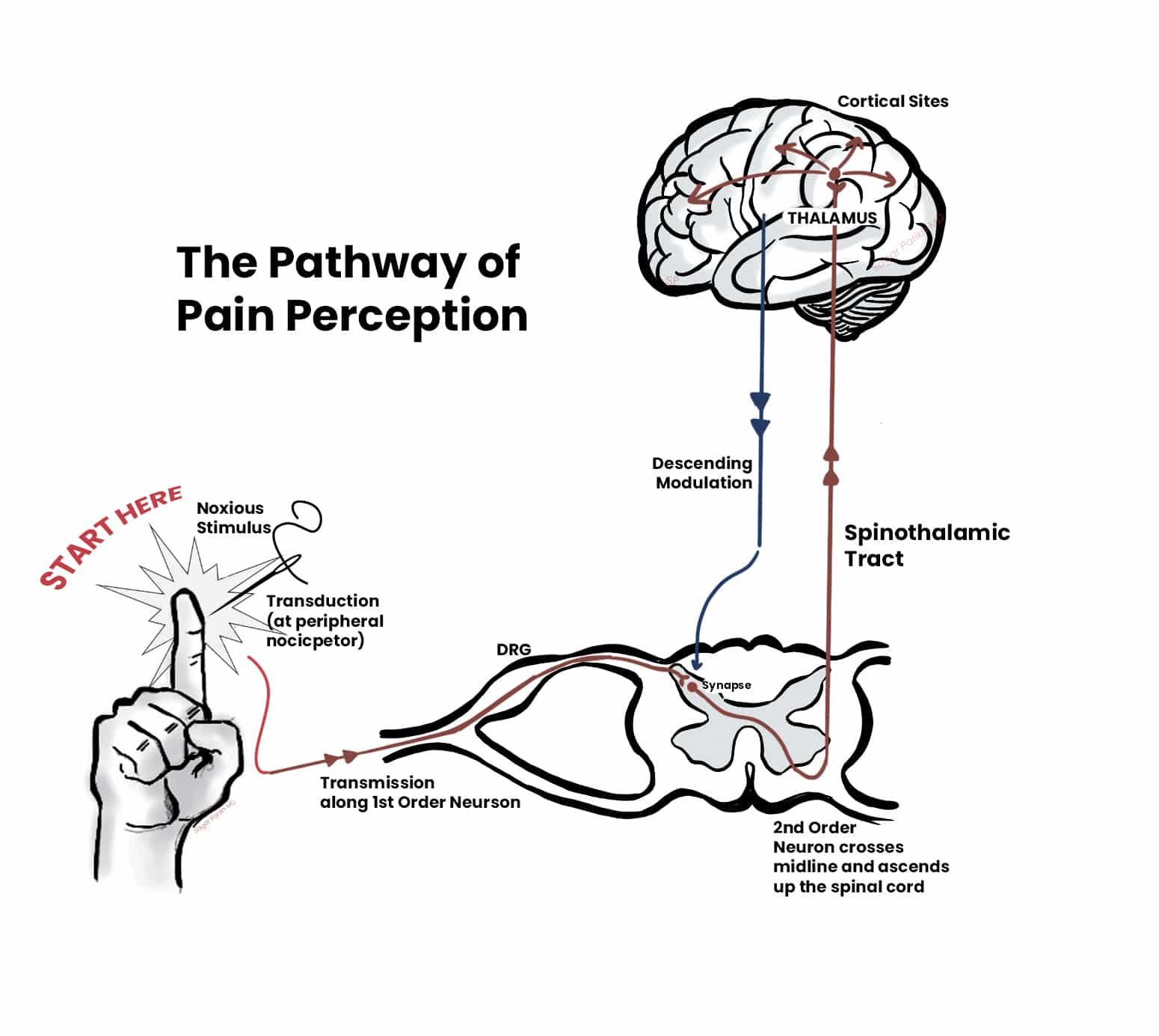
When is it Justifiable to Eradicate an Entire Species for the Sake of Saving Lives?
A recent global study published in Science dives into this complex ethical dilemma as advancements in genetic engineering make intentional extinction more feasible. The investigation analyzes three particular scenarios in which scientists might be able to eliminate harmful species—and concludes that such drastic actions could be warranted, but only in the most exceptional situations.
The research concentrates on animals that inflict significant suffering: screwworm flies that feed on flesh, mosquitoes that spread malaria, and invasive rodent species that are pushing island birds toward extinction. Each case presents a different moral challenge regarding the worth of species versus the damage they cause.
The Argument for Exterminating the Screwworm
The New World screwworm emerges as the top candidate for intentional extinction. This parasitic fly deposits eggs in the wounds and mucous membranes of warm-blooded creatures. The larvae then penetrate the living tissue, effectively consuming their hosts alive while causing bacterial infections that frequently result in death.
Having already been eradicated from North America and Central America using conventional methods, screwworms continue to exist in South America, where eradication efforts are prohibitively expensive. However, innovative genetic techniques might significantly alter this situation. Scientists have created genetically modified variants that eliminate female larvae unless they are exposed to tetracycline, thus making population control substantially more efficient and affordable.
The suffering is irrefutable. From livestock losses that jeopardize food security to sporadic human infections that lead to slow, torturous deaths, screwworms cause immense harm. Still, even this situation is not straightforward.
Where Ethics and Pest Control Converge
The study uncovers an intriguing conflict in how different species are valued. While Western conservation ideology generally argues that all species have equal intrinsic worth, the research notes that the inclination to eliminate certain organisms may be “influenced by a dislike of parasitism or a disregard for species viewed as being lower” on the evolutionary scale.
This resonates with ancient ideas such as the “scala naturae” or “great chain of being” that ranked species within moral hierarchies—concepts largely dismissed in Western thought but still present in various philosophical traditions. Certain sub-Saharan African environmental frameworks, for example, acknowledge a “hierarchy of existence” informed by the varied characteristics and roles of species.
“These instances exemplify the conflict between the intrinsic worth of a species and the advantages inherent in eliminating a harmful pest,” states Dr. Clare Palmer, a philosophy professor at Texas A&M University and one of the study’s authors. “While the suffering caused by these species is undeniable, the ethical ramifications of purposefully driving a species to extinction are immense.”
The Malaria Conundrum
Anopheles gambiae mosquitoes pose an even more stark moral equation. These insects transmit malaria parasites that take the lives of over 400,000 individuals every year, with almost 290 million infections globally. Gene drives could, in theory, collapse mosquito populations by altering sex ratios, but the study contends that this extreme action isn’t necessary.
The focus should be on the malaria parasite itself, rather than its vector. Eradicating Plasmodium—the microorganism responsible for the disease—could be accomplished through modified mosquitoes that are incapable of spreading the parasite, together with vaccines, bed nets, and enhanced healthcare systems.
When Invasive Species Warrant Extermination
Invasive species on islands make the strongest ethical case for genetic eradication. House mice, black rats, and Norway rats pose threats to numerous endemic bird species with extinction on islands throughout Oceania. These rodents literally consume seabirds alive, pushing vulnerable populations toward extinction.
Gene drives targeting these invasive mammals would be more humane and environmentally focused than current practices involving traps and poisons. However, researchers stress that such strategies would only be justified for local extinction with an almost nonexistent risk of global species eradication.
Establishing Ethical Limits
The study lays out a range of criteria that must be met before considering species eradication through genetic modification:
– The species inflicts severe, otherwise avoidable suffering on humans or animals
– Standard control methods are ineffective or unattainable
– The species does not serve a critical ecological role
– The risk of unforeseen consequences is minimal
– Local communities and stakeholders are meaningfully involved in decision-making
“Collectively, we assert that these cases suggest that intentional complete extinction might, on rare occasions, be acceptable, but only under very exceptional circumstances,” the research group concludes.
The Politics of Erasure
Perhaps most importantly, the study underscores that such significant decisions cannot rest solely with scientists. Local communities—especially Indigenous groups with specific land rights—must have primary authority over actions taken in their territories.
This introduces complex governance challenges. Should global perspectives be considered when evaluating the complete extinction of a species? What about instances where technologies developed in the Global North target species primarily impacting the Global South?
“Our aim is to cultivate a more nuanced appreciation of the ethical factors involved in genome modification,” Palmer observes. “We need to weigh the potential advantages against the moral obligations we owe to all species.”
As genetic tools advance in power and precision, these philosophical issues will only become more pressing. The capability to intentionally eradicate species is already available. The more challenging task lies in deciding whether we should ever proceed with such actions.